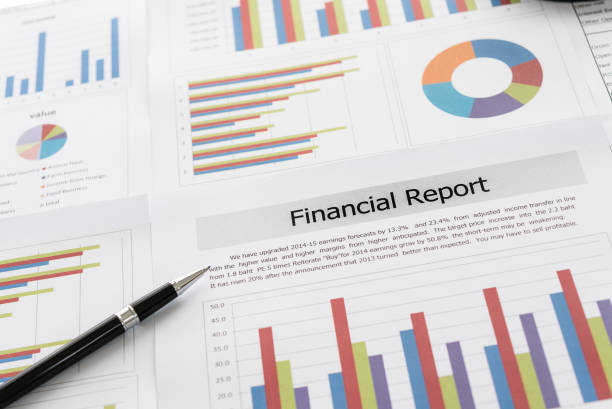Running a limited company comes with plenty of responsibilities. Managing cash flow, keeping up with tax deadlines, and making sure everything stays compliant can be a challenge. A big question many business owners face is whether they actually need an accountant or if they can handle everything on their own.
The Legal Side of Things
A limited company has legal obligations that sole traders don’t. There’s Companies House, HMRC, and a stack of financial records that must be maintained accurately. While hiring an accountant isn’t legally required, the work involved can quickly become overwhelming without professional help.
Limited companies must prepare annual accounts, submit a company tax return, and handle payroll if they employ staff. Mistakes in these areas can lead to penalties, and sorting them out can take up valuable time. Some business owners manage it all themselves, but it requires a solid understanding of tax laws and accounting principles. If that’s not your strong suit, an accountant can be a lifesaver.
Saving Time and Reducing Stress
Filing documents, tracking expenses, and making sure everything is in order takes time. If you’re already juggling client work, marketing, and business development, accounting tasks can feel like a never-ending burden. A good accountant doesn’t just handle tax returns; they help streamline financial processes, leaving you with more time to focus on growth.
Imagine finishing a busy week, only to realise your VAT return is due. Instead of scrambling to sort it out, an accountant would already have everything in place. That kind of peace of mind is hard to put a price on.
Avoiding Costly Mistakes
Tax laws can be complex. There are different rules for claiming expenses, VAT thresholds, and corporation tax. Getting something wrong could lead to fines, or even worse, an HMRC investigation. An accountant ensures compliance, helping you avoid errors that could end up being expensive.
For instance, some business owners don’t realise that certain expenses must be wholly and exclusively for business purposes to be deductible. Others might not know that they need to register for VAT once their turnover hits a specific threshold. An accountant stays on top of these details, reducing the risk of costly errors.
Tax Efficiency and Financial Planning
Accountants do more than just file paperwork. They can offer advice on how to structure your income in a tax-efficient way. This could mean taking a mix of salary and dividends, making pension contributions, or taking advantage of allowances you weren’t aware of.
For example, many company directors choose to pay themselves a small salary and take the rest in dividends, as it can be more tax-efficient. Without an accountant, you might not know the best way to do this legally and effectively.
Can You Do It Yourself?
There are plenty of accounting software options available, making it easier than ever to track income, expenses, and file reports. If you have a small company with straightforward finances, using software might be enough. However, software can’t replace professional advice. It won’t spot tax-saving opportunities or flag potential compliance risks.
Some business owners enjoy handling their own finances, especially if they have a background in accounting or finance. But for those without that knowledge, it can be stressful and time-consuming.
The Cost of Hiring an Accountant
Accountants aren’t free, but the cost often pays for itself in saved time and tax efficiency. Fees vary depending on the complexity of your business, but many accountants offer fixed-price packages for small companies. This means you’ll know exactly what you’re paying each month.
Some business owners worry about the expense, but it’s worth considering what your time is worth. If you’re spending hours figuring out tax rules, that’s time you could be using to grow your business or focus on what you do best.
What to Look for in an Accountant
If you decide to hire an accountant, finding the right one is key. Look for someone with experience in your industry, as different businesses have different financial considerations. A tech startup, for instance, might need advice on R&D tax credits, while a retail business needs help with VAT and stock management.
Check their qualifications. Chartered accountants (ACA, ACCA, or CIMA) have gone through rigorous training and are held to high professional standards. Also, consider whether they offer proactive advice or just crunch the numbers once a year. A good accountant will keep you informed about changes in tax laws and suggest ways to save money.
The Short Answer
A limited company doesn’t legally need an accountant, but trying to handle everything alone can be risky and time-consuming. For those confident in financial management, software might be enough. But for many business owners, an accountant provides value that goes beyond filing tax returns. They help ensure compliance, save time, and often reduce overall tax liabilities.
If you’re debating whether to get an accountant, think about the time, stress, and potential tax savings involved. It might just be one of the best investments you make for your business.


